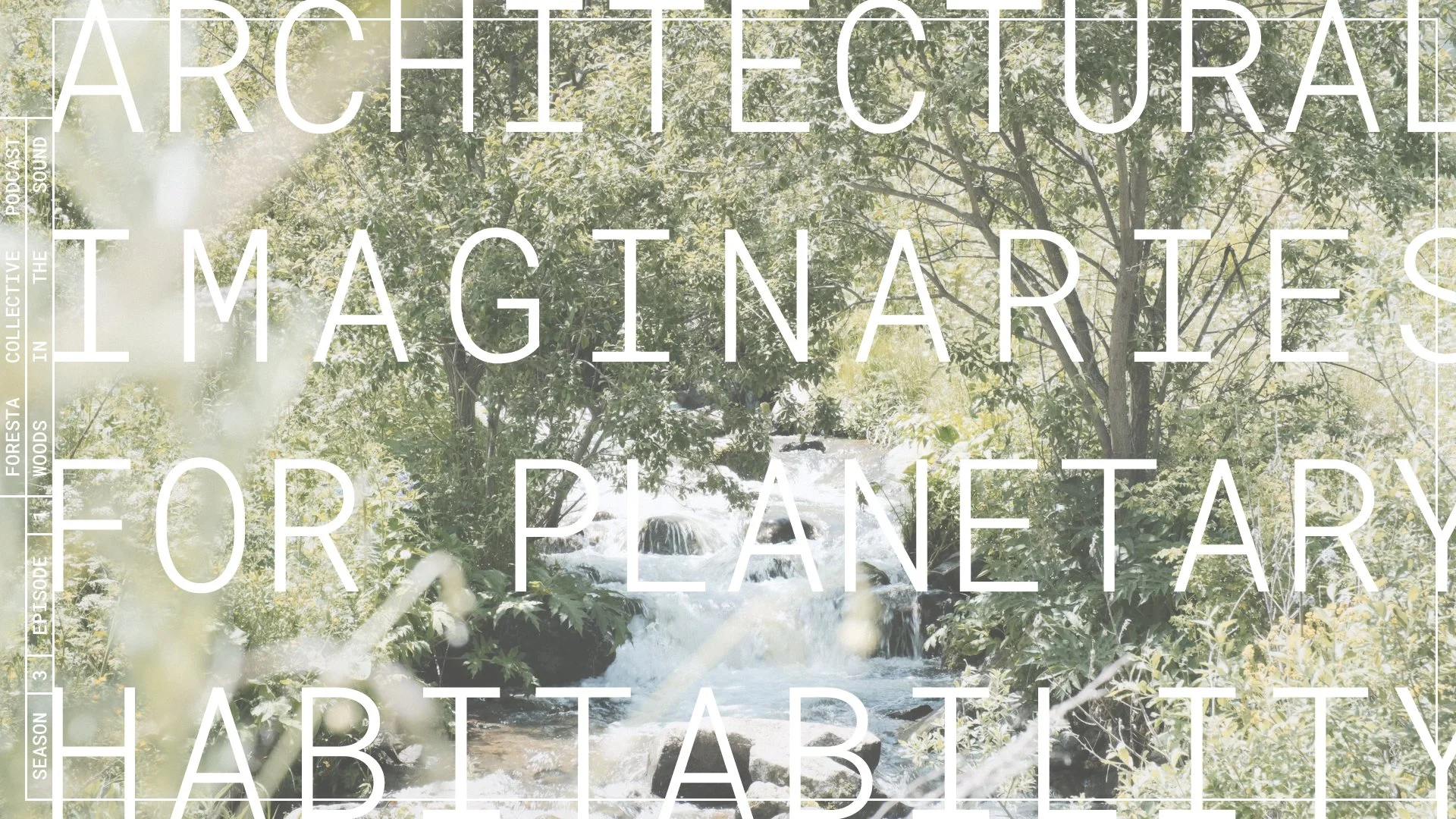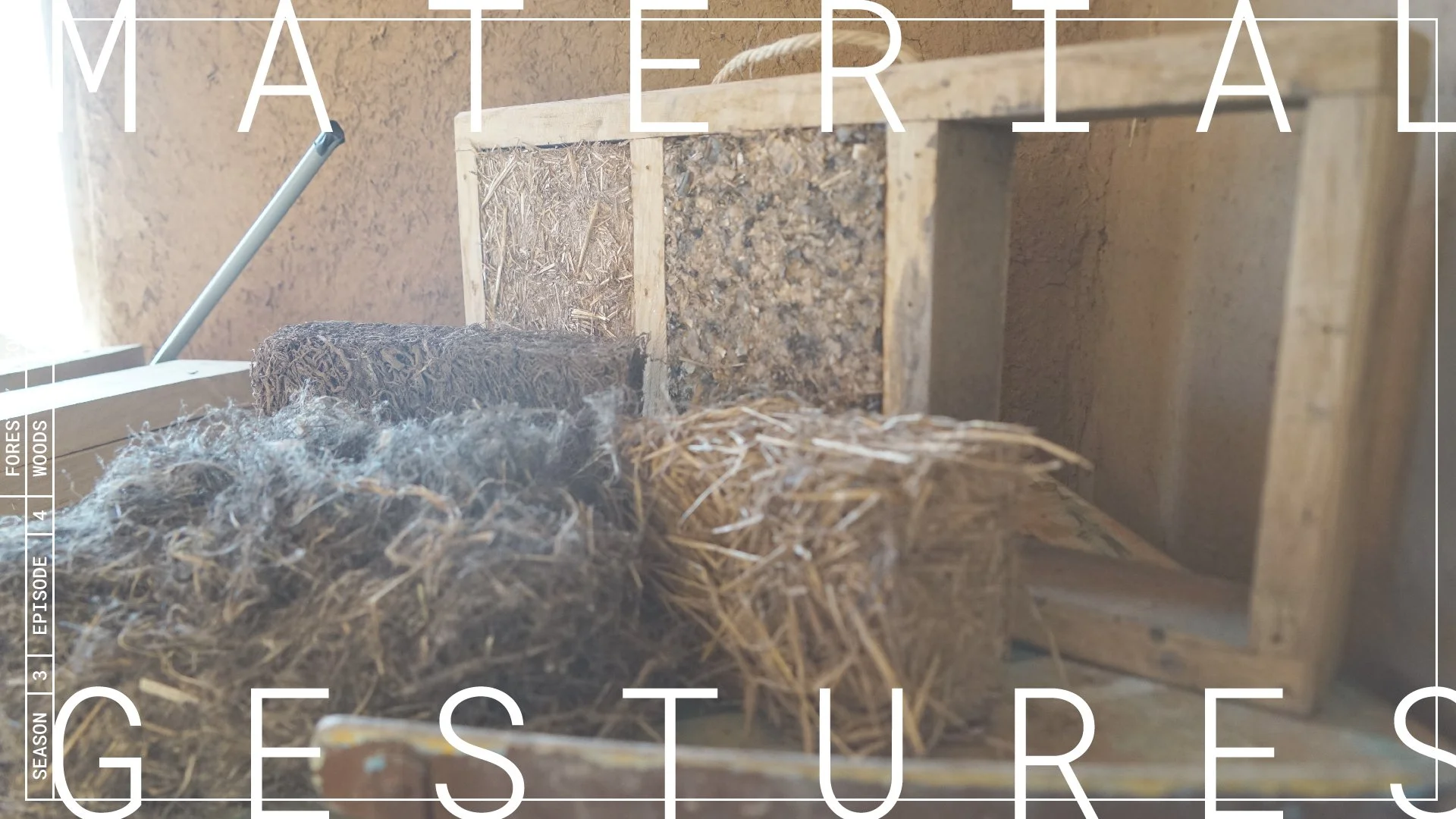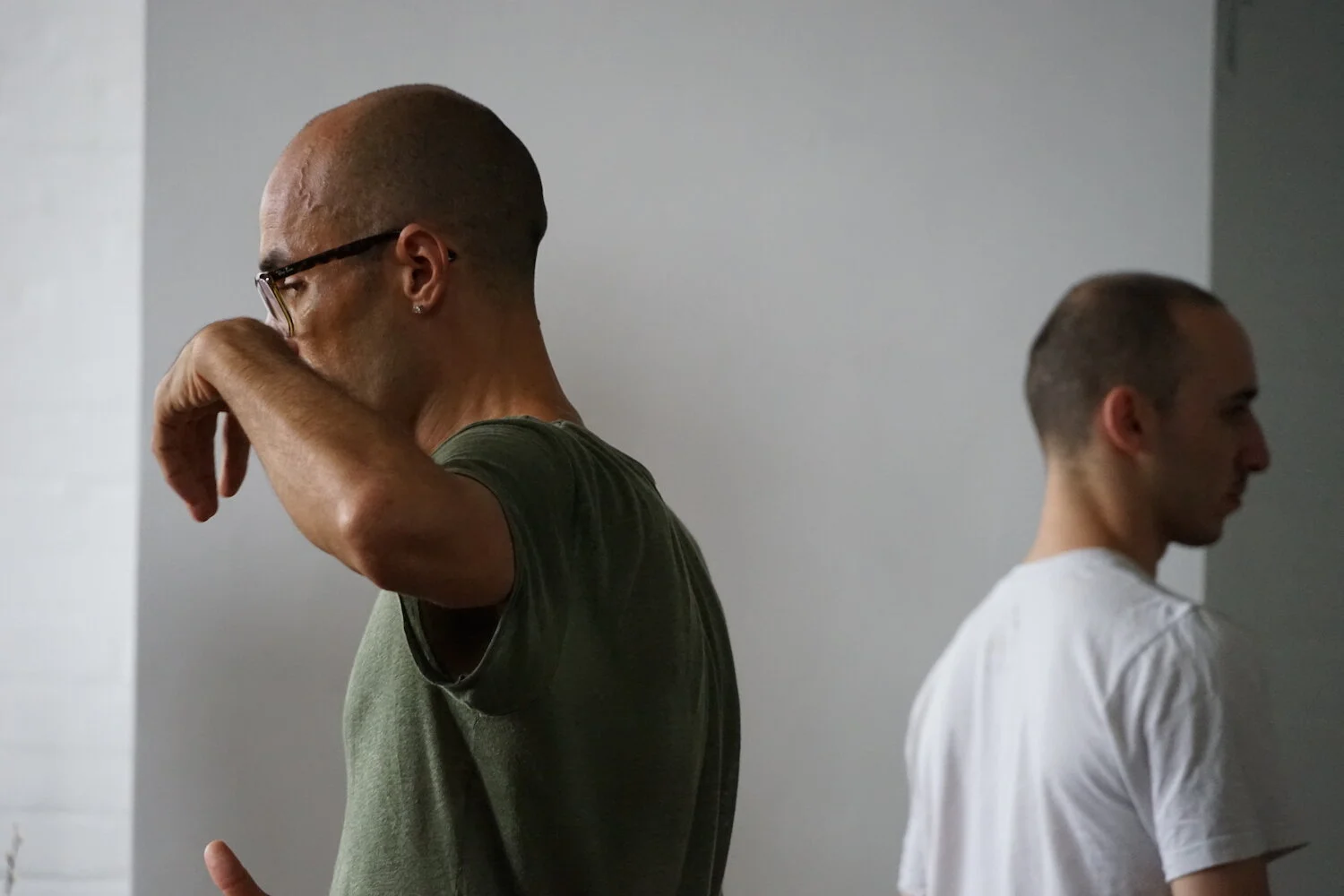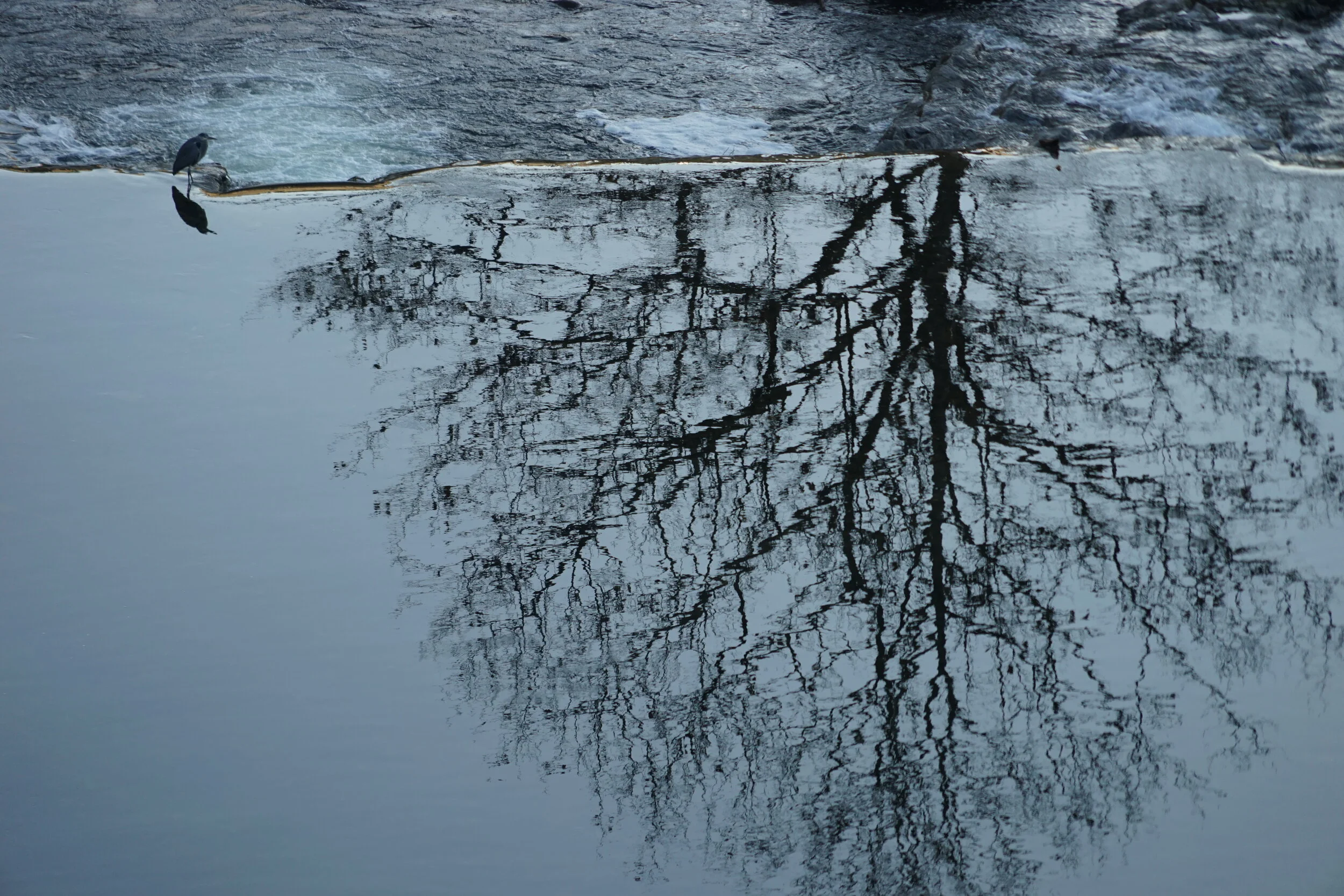WOODS IN THE SOUND
CULTURES OF FORESTS
video book
This series is a space for conversations in dedication to the emergence of an imaginary for a more ecological and connected being in the world. These conversations unfold as part of a living research, a practice that is evolving, shapeshifting, inventing methodologies, learning new vocabularies, in connection to what is currently alive within Foresta Collective. Inspired by forests.
Forests invite us to reimagine and live into other ways of knowing and being, conceiving of the self and community. From forests we learn to see the world as complex entangled interactions of multispecies agents and their mutual becoming. Contemplated through a tender lens of imagination, forests offer us an imaginary where, within all kinds of relationships, attentiveness and connectedness replace fragmentation and exploitation, leading towards a more symbiotic togetherness.
Which meanings does this emerging imaginary offer to the different areas of human life, such as agriculture, education, architecture, and others? This is what we explore throughout the seasons of this series. Mirroring Woods in the City, Woods in the Sound too is a collective practice of research and learning, listening and exchange.
SEASON 3
Architecture(s) of Connection
This season we are contemplating and reflecting on spatial practices and architectures for multispecies relations. Architecture and design have been criticized for their incompatibility with how the natural world unfolds in reciprocity — for ignoring or taking for granted life-places where they operate, for ways they promote extractive attitudes toward the natural world, for unsustainable modes of production and hegemonic modernist perspective they adopt as their epistemology. So how do we co-habit the planet differently? Can architecture(s) support multispecies conviviality and contribute to cultivation of ecological futures? In which ways can spatial practices invite us to develop more attentive and complex attitudes toward the vegetal and animal worlds, and frame our process of becoming more sensitive to other–than–human subjectivities? In which forms can regenerative space design support building with the landscape, rooted in multilingual situated dialogues, and taking into account the needs of diverse inhabitants?
EPISODES
SEASON 2
Forest Gardens
This season we are exploring the subject of forest gardens, otherwise known as food forests or regenerative agroforestry. How can agricultural practices cultivate new possibilities for relating to the diverse communities of life and engage into landscape relations so that we can work as part of an ecosystem in harmony with natural processes? Agroforestry is an inspiring and useful framework people worldwide find when searching to move towards regeneration of monocultural landscapes and healing of agricultural deserts, with an intention to grow food (and not only) in more meaningful ways while taking care of biodiversity, soil life, and other reciprocal relationships.
EPISODES
SEASON 1
Community of Practice
Often ecological mindset is understood in relation to the environment, as something separate from humans. We understand ecologies beyond their biological meaning in a broader and more inclusive way as interdependencies of multiplicities of human and multispecies agents in plural contexts, uncovering a multi-layered nature of ecologies. Ecological mindset emerges when the interconnectedness between personal and relational levels, inner and outer worlds is acknowledged. This season emerged as a community of practice around Foresta ecological lexicon, aiming to nourish the soil for new perspectives that contribute to human and ecological wellbeing, linking large scale thinking to the immediate reality of everyday life. Each episode of this season is structured around the following elements:
CONVERSATION
with artists, researchers and practitioners from a variety of walks of life, whose work unfolds within the context of personal and societal renewal.
PRACTICE
rooted in embodied culture: an inquiry into ways how bodies as subjects of experience rejuvenate our awareness of the world, inner and outer, and enhance our abilities to transform it.
SOUNDSCAPE
a non-verbal, pre-verbal, beyond-verbal experience. Sound without representations, inviting to simply engage into the act of listening, finding resonances, pleasure, emotion, affection, memories.
EPISODES
Images: Carolina Monterrubio, Egor Sviridenko, Hendrik Thul, Laura Savina, Sabina Enéa Téari, Violeta Lopiz




















